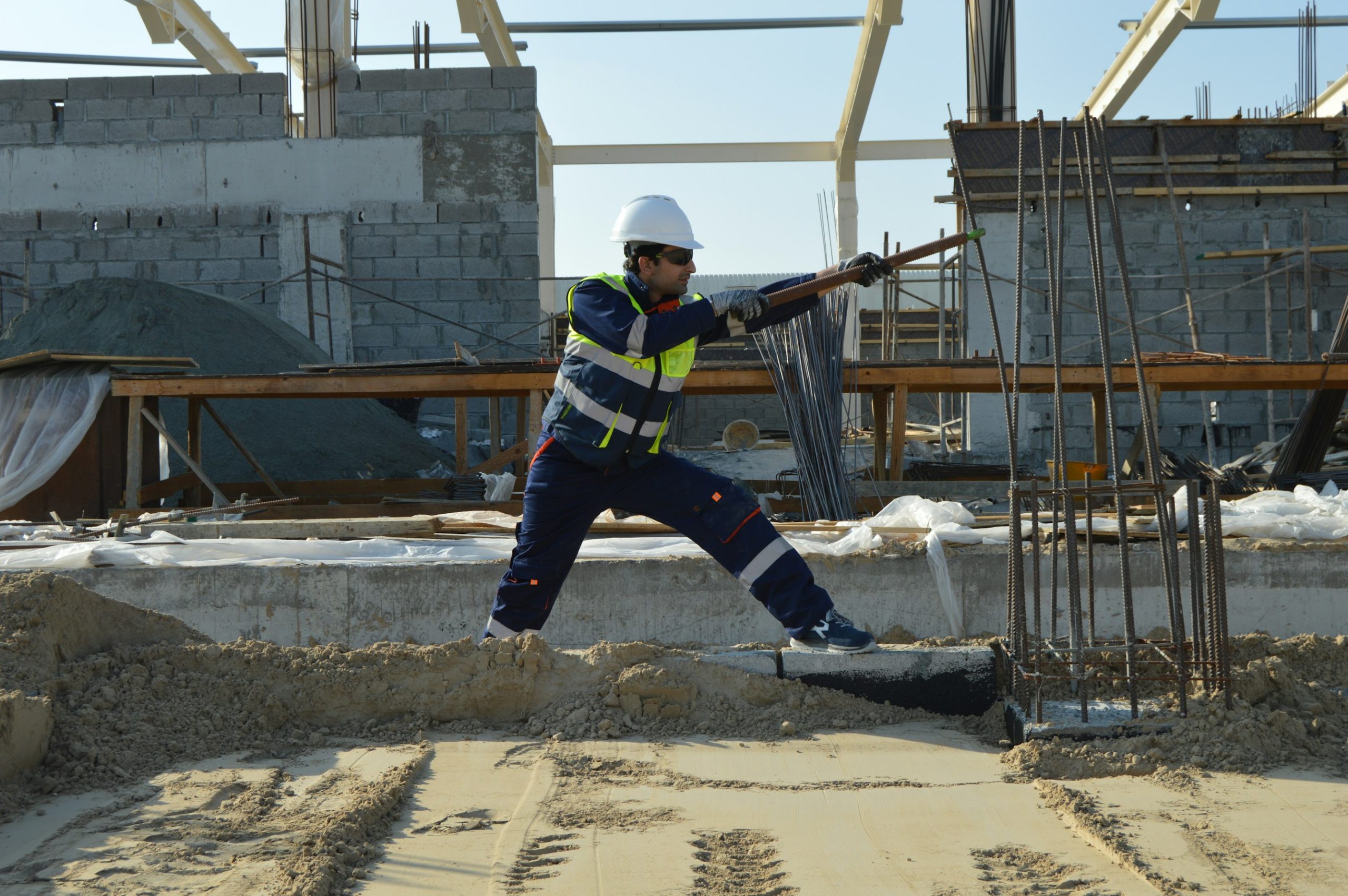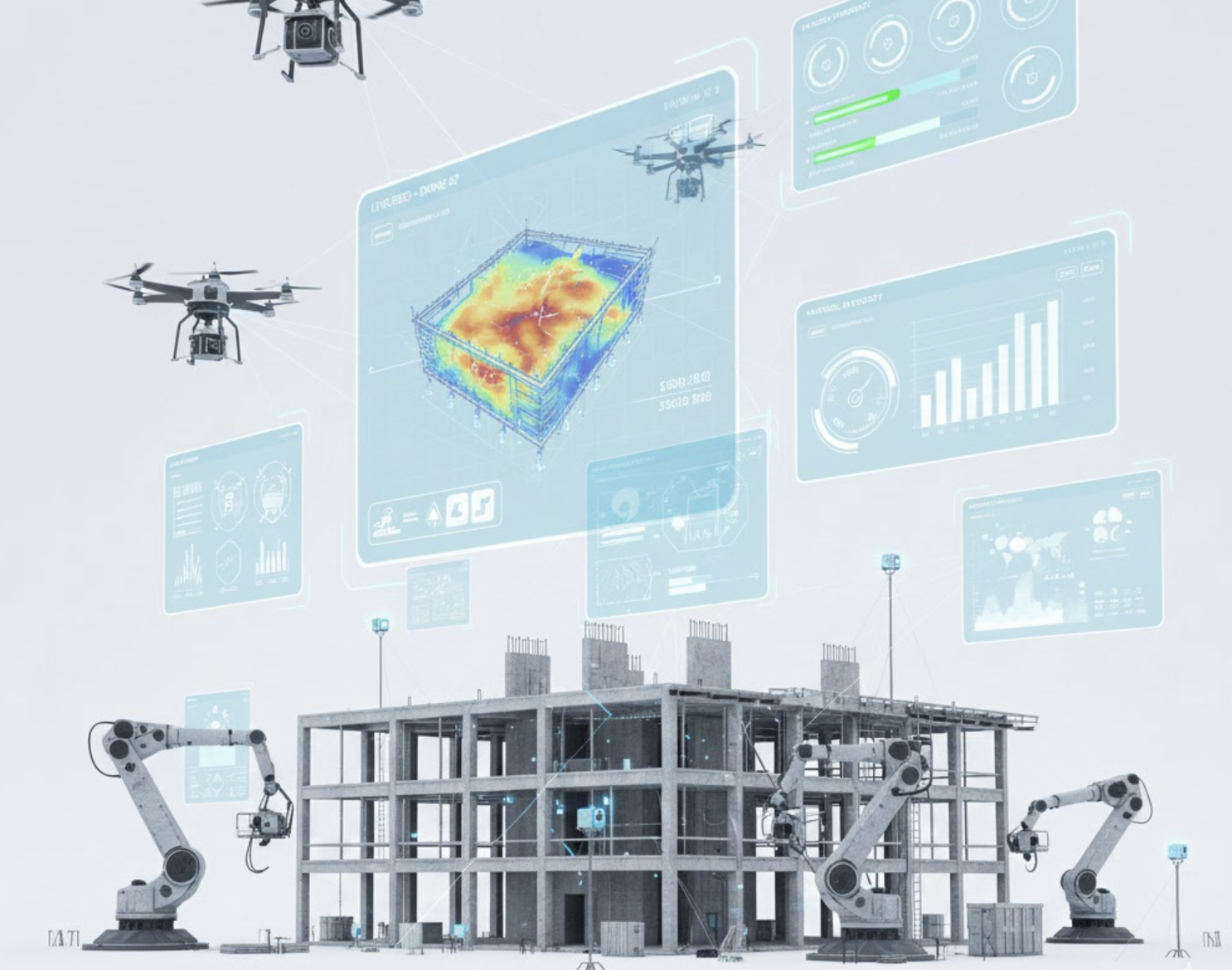Bridging the Gap Between Procurement and Jobsite Logistics
In the bustling world of construction, the integration of procurement and jobsite logistics functions plays a pivotal role in ensuring project success. As the demand for efficiency increases, understanding these interconnected processes through effective platforms becomes essential. This blog delves into procurement’s intricacies, jobsite logistics, and advanced solutions available, including Zepth.
Understanding Procurement and Jobsite Logistics
Procurement
Procurement in construction encompasses sourcing and acquiring necessary goods and services, involving materials, equipment, and subcontracted work. This phase of project management includes planning, supplier evaluation, contract negotiation, and compliance with quality and cost requirements. Efficient procurement ensures the right resources are available at the right time, setting the stage for successful project execution.
Jobsite Logistics
Jobsite logistics focuses specifically on the aspects of transportation, storage, and delivery of goods to the construction site. It goes beyond just moving items—it encompasses coordinating related activities, managing logistics phasing, and fostering effective communication among site teams. A well-orchestrated logistics process is crucial for maintaining daily operations and ensuring seamless transitions from one phase of construction to another.
Effective Integration of Procurement and Jobsite Logistics
Importance of Integration
Integrating procurement and logistics functions is not merely beneficial; it is crucial for the success of construction projects. Such integration ensures a streamlined process where materials are sourced, delivered, and managed efficiently. The advantages include enhanced productivity, reduced costs, and adherence to schedules, all of which contribute to the project’s overall success.
Procurement Scheduling
Procurement scheduling acts as a critical link, connecting procurement efforts with project scheduling and submittals. Advanced tools like PLOT combine procurement scheduling with logistics management, so materials are ordered and received in sync with project timelines. This synchronized approach prevents costly delays and guarantees that necessary materials are on-site when needed.
Timely Delivery and Coordination
Efficient procurement logistics require that materials and equipment be ordered correctly according to the project schedule. This entails managing daily logistics activities and communicating jobsite changes dynamically. Utilizing jobsite management tools that offer notifications and alerts can significantly improve communication among project teams, ensuring everyone stays informed and effectively coordinated.
Key Processes and Responsibilities
Submittals Process
Before commencing purchasing activities, the design team meticulously reviews contractor submittals to ensure compliance with contract specifications. Delays in this critical process can impede the procurement manager’s ability to purchase and organize timely deliveries, leading to potential project delays.
Purchase Orders and Delivery
Once materials are selected, contractors issue purchase orders to suppliers who are then responsible for delivering goods to the jobsite. It is the procurement manager’s responsibility to track these deliveries closely, ensuring they arrive on time, at the correct location, and in a safe manner. Proper tracking mechanisms are essential to prevent logistical mishaps and costly delays.
Tools and Solutions
PLOT and Similar Software
Innovative tools like PLOT stand in stark contrast to traditional logistics plan PDFs, cumbersome delivery whiteboards, and spreadsheets. They serve as comprehensive jobsite coordination tools combining procurement and delivery workflows. This means that material approvals, ordering, and unloading logistics are efficiently managed in a centralized platform, keeping everything synchronized with construction schedules and project needs.
Best Practices and Emerging Innovations
Automated Synchronization
Best practices in procurement and logistics integration include leveraging software capable of automatically synchronizing procurement activities with the overall construction schedule and submittals. This synchrony is vital, as it guarantees timely ordering and delivery coordination, reducing potential project delays.
Dynamic Functionalities
The construction industry’s digital transformation includes emerging innovations that incorporate dynamic functionalities such as notifications, alerts, and logistics mapping. These tools ensure that trade deliveries adhere to general contractor-established rules, preventing logistical conflicts and streamlining operations.
Jobsite Rules and Reservations
Implementing clear jobsite rules for pre-screening requests and reserving locations and equipment for unloading deliveries can significantly enhance overall logistics operations. Such practices help maintain order and efficiency on-site, preventing confusion and overlaps during the execution phase.
How Zepth Can Help
Integrated Project Management
Leveraging integrated project management software like Zepth enables construction teams to unify procurement and logistics functions seamlessly. By utilizing Zepth’s advanced tools, teams can efficiently source, deliver, and manage construction materials. This functionality not only enhances overall productivity but also reduces operational costs.
Procurement Scheduling and Logistics Coordination
Zepth’s solutions can merge procurement scheduling with logistics management, allowing for timely deliveries and minimizing delays. This integration significantly aids in managing daily site activities while effectively communicating jobsite updates and changes to all stakeholders involved.
Automation and Real-Time Updates
The Zepth platform provides real-time updates while automating numerous procurement processes, such as tracking material progress and coordinating deliveries. This automation strengthens project tracking, ensuring that construction timelines remain on schedule and within budget.
Ultimately, bridging the gap between procurement and jobsite logistics yields substantial benefits for construction projects, including enhanced efficiency, reduced costs, and improved overall management. Tools and solutions like Zepth and PLOT become vital in achieving these objectives, enabling teams to operate with the agility and precision that today’s construction projects demand.




